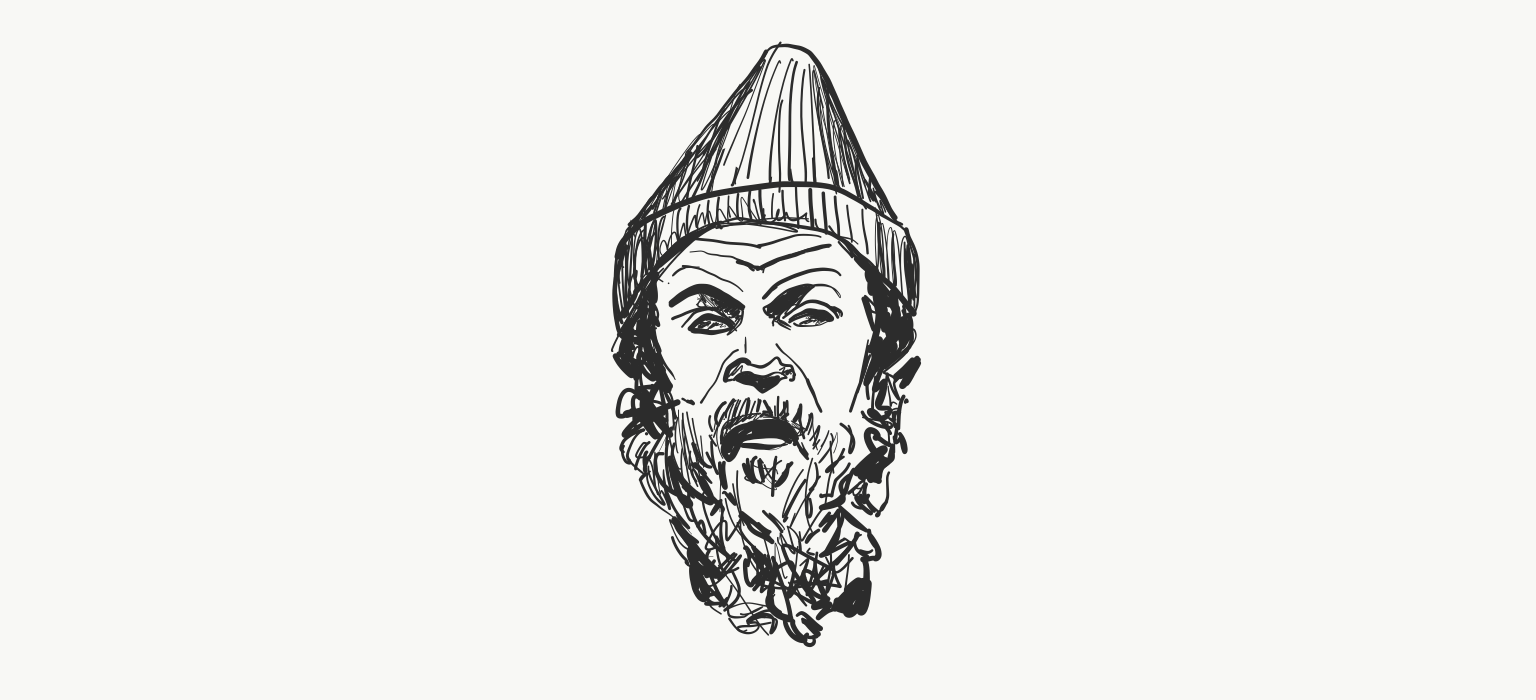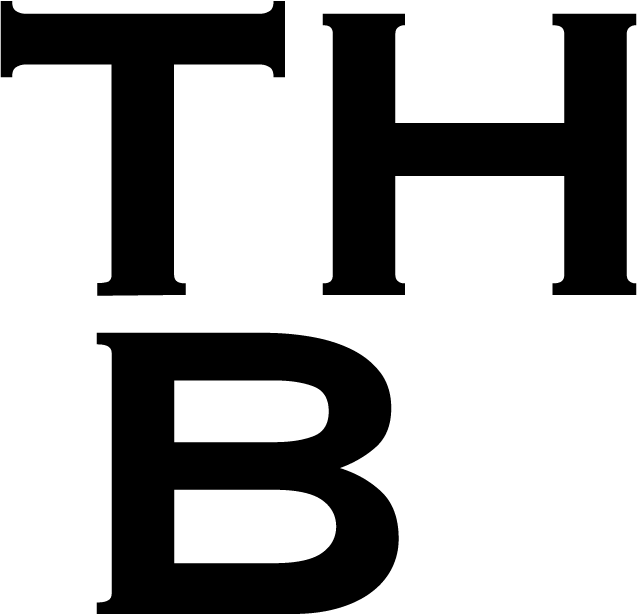
On nothing you don’t already know
The eponymous book by Alexander Den Heijer (2018) with remarkable reminders about meaning, purpose and self-realization (not my words, but the official sub-title on the cover) is filled with an array of instagramable citations about change, especially cultural change (my words). It is not science, nor based on science, often taking on a sort of philosophical „new age“ angle with sentences that can mean nothing, anything or everything at the same time, depending on the paradigm you are looking through. I usually don‘t like this kind of approach. I think it to be to easy, at least to „spiritual“.
Somehow I am still keeping this book on my bedside library and do often take glimpses at it: a citation once in a while, followed by reflection and sometimes ideas, thoughts or more reading in other books surely does never harm. The book is handy and somehow reflecting the times we currently life in: graphically appealing, simple language and organized in small bites.
Times of change-related change
Browsing on Linked-in or going through the latest articles on HBR, Forbes and other business literature, one thing becomes clear. “Corona and Covid19” brought us plenty of information, opinions and data to devour: A lot of change-related change. There is absolutely no doubt that the world has been disrupted, that it is and probably will never be the same anymore. How do we approach this? Reading books will probably not make that much of a difference. Although I usually say that even the smallest of change may be better than the status quo, this only works if there still would be a status quo nowadays. Unfortunately it seams as there isn‘t one left. As explained in previous articles, change is not slow anymore. Computation, amongst other things, made it exponentially faster and faster.
This spring I worked on a strategic project with a school, elaborating a hybrid approach of space and time to better cope with post-lock-down times: working towards real smart work or smart education. After an in-depth analysis with my team, we found that the school‘s way of approaching it‘s general business, but especially transformation and change, was based on metrics, feedback and best practices from past experiences. A „status“ from months, even years ago. Thought processes that may worked one year, two weeks ago became obsolete within a night. Getting the company‘s C-level to understand the uniqueness of the current situation (and other ones that are still to come) was not difficult. In fact, there was no need as everybody was aware, some even scared of it. But despite this acknowledgement, the company unfortunately still tried to project or reflect these past experiences into the future. We stated that everything would need to be checked, rethought and, not just adapted, but entirely redesigned for a new vision, a completely new paradigm: A new school with a new business model.
Not Knowing is the Normal
Words like « new-normal » are still in everybody’s mouths and buzzing way beyond the internet. I am still not really sure what that actually means, as I have never felt or understood « normal » in the first place, except if it was defined as a socratic « I don’t know ».
It is the mark of an educated mind to be able to entertain a thought without accepting it (Aristotle). I understand this citation to be the foundation of what change management or accompanying a transition is all about. It should actually be the foundation of everything we do in todays world. It somehow is an Architect of Change’s (Ghez, 2019) job to get people, leaders and companies to understand that it is ok to be unsure; That it is the new-normal to be unable to see the good or the bad side of things, to sometimes not even see the thing it-self. Defining good decisions and good decision makers by the results they will eventually achieve is circular, and therefore useless. If you are making decisions (or selecting people who will make them), you need to know what works (or who is good) before the results are in. In practice, (…), there is no sure way, at the time of the decision is made, of telling who is good and who isn‘t. Even knowing whether an individual decision is „good“ or „bad“ would, by this definition of „good“, require an ability to read the future (Sibony, 2019).
“The future is only scary for those who are unable to deal with the present.”
Den Heijer
In our proposal to the before mentioned school we wrote that one can collect and track an indefinite amount of data, analyze and visualize them, as they were doing. The information will always just remain a collection of big data in a certain context and through a certain paradigm, that’s all there is. Metrics tracking is no substitute for leadership (Daszko, 2018) and change is first and foremost about the expansion of leadership on all levels. Real leaders can and must acknowledge to be in the unknown, or, even more difficult, to be wrong sometimes.
Growth and change are an endlessly iterative process. When we learn something new, we don’t go from „wrong“ to „right“. Rather, we go from wrong to slightly less wrong. And when we learn something additional, we go from slightly less wrong to slightly less wrong than that, and then to even less wrong than that, and so on. We are always in the process of approaching truth and perfection without actually ever reaching them (Mason, 2016).
Once again, status quo does not exist anymore. Change never stops, as it is an accelerating, infinite loop or cycle. Therefore, no real solutions will ever be found but just very good approximations. We shouldn’t seek to find the ultimate « right » answer or solution (…), but rather, seek to chip away at the ways that we’re wrong today so that we can be a little less wrong tomorrow (ibid).
“Changing is not the problem; letting go of your resistance to change is.”
Den Heijer
Acknowledging to be wrong is a difficult thing. Accepting it is inevitably an entirely different story, the major league of sorts. We have all had similar reactions to change be it in our professional or personal lives. People, even great leaders, do usually not react with happiness or joy, when somebody tells them that they could be wrong. Even possible proposals for improvement are too often seen and felt as personal attacks, rather than what they really are. The natural, human reaction or reflex to such an “assault” is to get defensive, even if the “attacked” is in no way responsible for the situation, the strategy or the tasks that lead to the “wrong”. It is difficult to accept the questioning of an irreversible part of one’s career, especially if a person has spent a few years in a company (after Precht, 2013). Change does not only need to be communicated. It needs to be lived, day in, day out and on a very personal level. The approach towards it can and often must be different for each employee. We are all different, with different backgrounds and experiences. We all look at the world with different point of views.
In reality, change management maybe really needs a sort of philosophical „new age“ approach that can mean nothing, anything or everything at the same time, depending on the paradigm one is looking through. It may neither be science, nor based on science. I don‘t know if the approach is “spiritual” and I surely do not know whether it is as easy as I thought it could be.
References:
Den Heijer, A., Nothing you dont already know. (2018), self-published.
Mason, M., The subtle art of not giving a fuck. (2016), Harper One, New York.
Sibony, O., You’re about to make a terrible mistake!. (2020), Little Brown Spark, New York.
Ghez, J., Architects of Change. (2019), Palgrave Macmillan, Cham.
Precht, R. D., Anna, die Schule und der liebe Gott. (2013), Goldmann, Munich.

